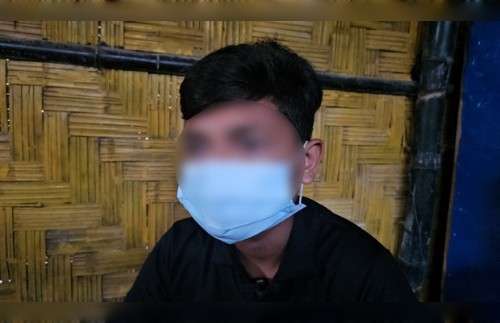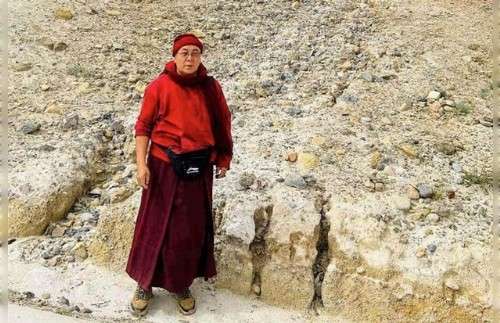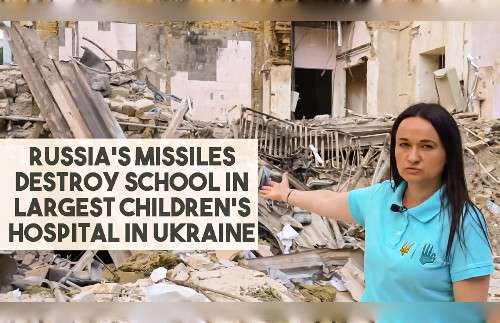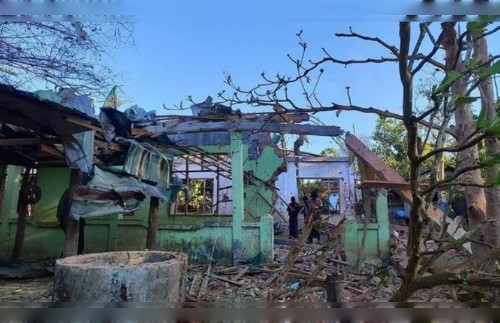
Authorities in the northern Chinese province of Shaanxi have placed the family of detained human rights lawyer Chang Weiping under house arrest after his father spoke out about his concerns over his son’s health.
Chang is currently in detention on suspicion of “incitement to subvert state power” in Shaanxi’s Baoji city. Following his initial detention in October, Chang’s father Chang Shuanming was allowed to visit him on Nov. 25.
Hunan rights lawyer Xie Yang, who recently tried to visit Baoji to support Chang’s family, told RFA: “We found out from Chang Weiping’s wife that his parents are now under close surveillance, and that the authorities have installed CCTV cameras at the door [of their home].”
Xie said he boarded a high-speed train to Baoji along with fellow lawyer Chen Keyun, but was intercepted by state security police at the provincial capital, Xi’an, where he needed to change trains.
“No sooner had I gotten off the train than I ran into a bunch of people,” Xie told RFA in a recent interview. “They claimed it was to do with the pandemic, because my health code didn’t scan properly, and that I should cooperate with their investigation.”
“But those people didn’t look like pandemic prevention types to me; they were state security police from [the provincial capital of] Xi’an,” he said. “I told them that they knew perfectly well who I was, and that I knew perfectly well who they were.”
The police forced Xie and Chen to leave the high-speed rail station, confiscated their phones and ID cards, and took them to a hotel, where they were held in separate rooms.
They were told they wouldn’t be allowed to continue to Baoji, and stability maintenance personnel, or “interceptors,” from their hometowns of Changsha and Guangzhou were summoned to escort them back home again.
On returning to Changsha, Xie was placed under house arrest.
“They don’t want this information to reach the outside world,” Xie said. “There have been rumors going around that [Chang Weiping’s parents] have now been detained, but … nobody can get anywhere near [their home].”
“They are so worried that we will expose the truth,” he said. “Maybe they are also worried that we might encourage more supporters to gather.”
Complaints over torture
Shaanxi authorities allowed the Nov. 25 meeting after Chang’s family and lawyers lodged official complaints about his incommunicado detention under “residential surveillance at a designated location (RSDL)” following his description of his torture during an earlier period in detention.
During the 10-minute visit, Chang appeared significantly thinner than before, and spoke slowly, and expressed concern that his wife might give interviews to the media.
Chang’s earlier detention, during which he has described being tortured, came after he attended a dinner gathering of human rights lawyers, dissidents, and rights activists in the southeastern port city of Xiamen in December 2019.
Rights lawyer Ding Jiaxi and activists Zhang Zhongshun and Dai Zhenya were also detained following the Dec. 13, 2019 meeting with New Citizens’ Movement founder Xu Zhiyong, who was himself later detained after publishing an open letter calling on CCP general secretary Xi Jinping to step down.
Du Song, director-general of the Hong Kong-based Chinese Human Rights Lawyers Concern Group, said China isn’t living up to its obligations under international human rights treaties.
“Chang Weiping’s torture is already plenty to be angry about, but now they are holding his parents under house arrest,” Du told RFA. “And when a friend tries to contact and visit these two elderly people, he is prevented from doing so and himself placed under illegal house arrest.”
Meanwhile, jailed Chinese rights lawyer Yu Wensheng, who has been held incommunicado for three years and sentenced to jail for “incitement to subvert state power,” has been named as a finalist for a Martin Ennals Award honoring human rights defenders.
“The finalists distinguish themselves by their bravery and deep commitment to the issues they defend, despite the many attempts to silence them by respective governmental authorities,” the Martin Ennals Foundation said in a statement.
“Authoritarian states tend to believe that by jailing or censoring human rights defenders, the world will forget about them,” jury chair Hans Thoolen said. “This year’s finalists are a testament to the fact that nothing could be further from the truth.”
The awards will be presented on Feb. 11.
Reported by Gao Feng for RFA’s Mandarin Service. Translated and edited by Luisetta Mudie.
Copyright © 1998-2020, RFA. Used with the permission of Radio Free Asia, 2025 M St. NW, Suite 300, Washington DC 20036. https://www.rfa.org
Escaping from Scam Center on Cambodia’s Bokor Mountain
UN Security Council Meets to Discuss Children and Armed Conflict
10 Shocking Revelations from Bangladesh Commission’s Report About Ex-PM Hasina-Linked Forced Disappearances
Migration Dynamics Shifting Due to New US Administration New Regional Laws
UN Security Council Meets to Discuss the Maintenance of International Peace and Security and Artificial Intelligence
Winter Brings New Challenges for Residents living in Ukraine’s Donetsk Region
Permanent Representative of Israel Briefs Press at UN Headquarters
Hospitals Overwhelmed in Vanuatu as Death and Damage Toll Mounts from Quake
Subscribe Our You Tube Channel
Fighting Fake News
Fighting Lies




















